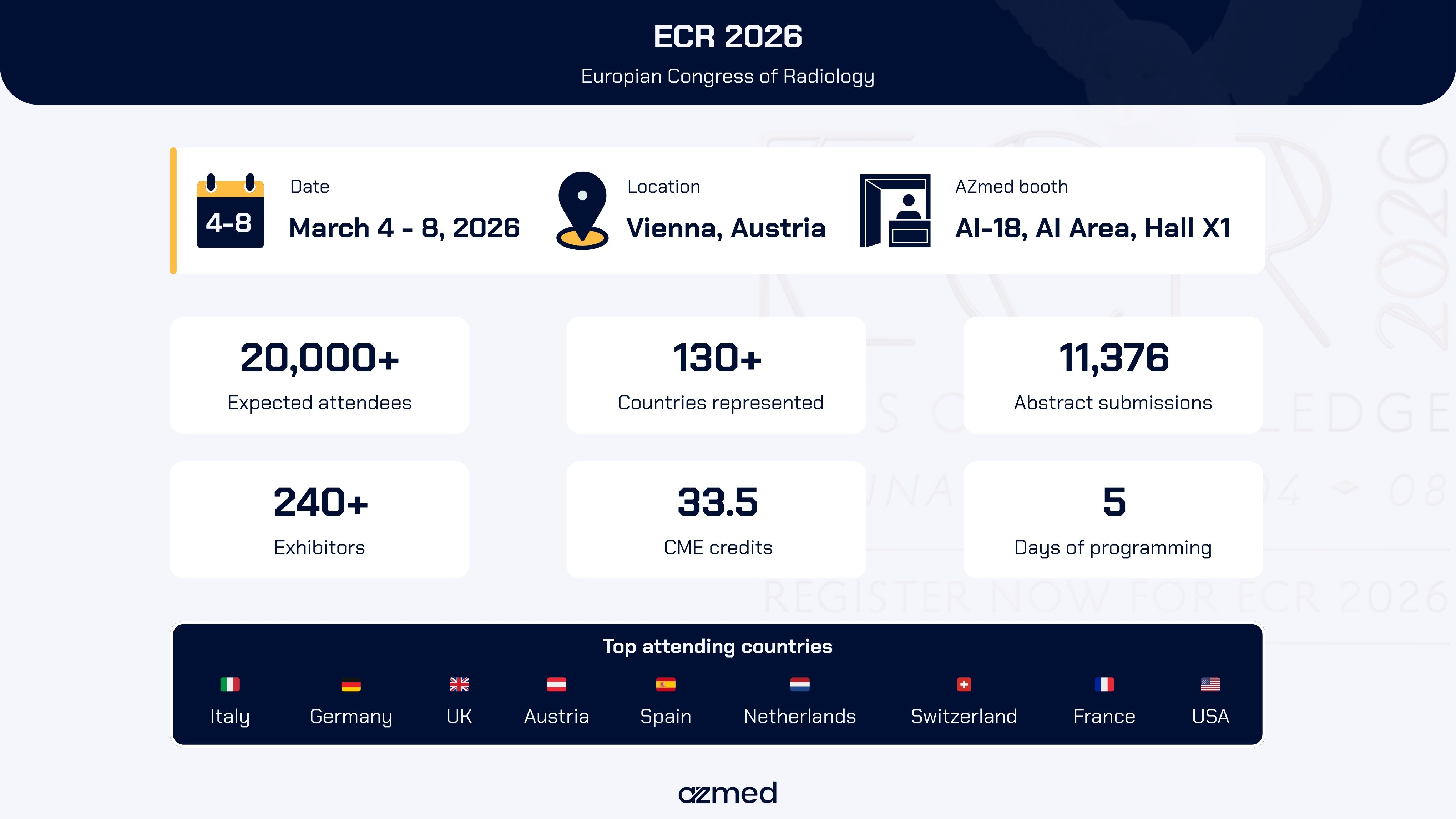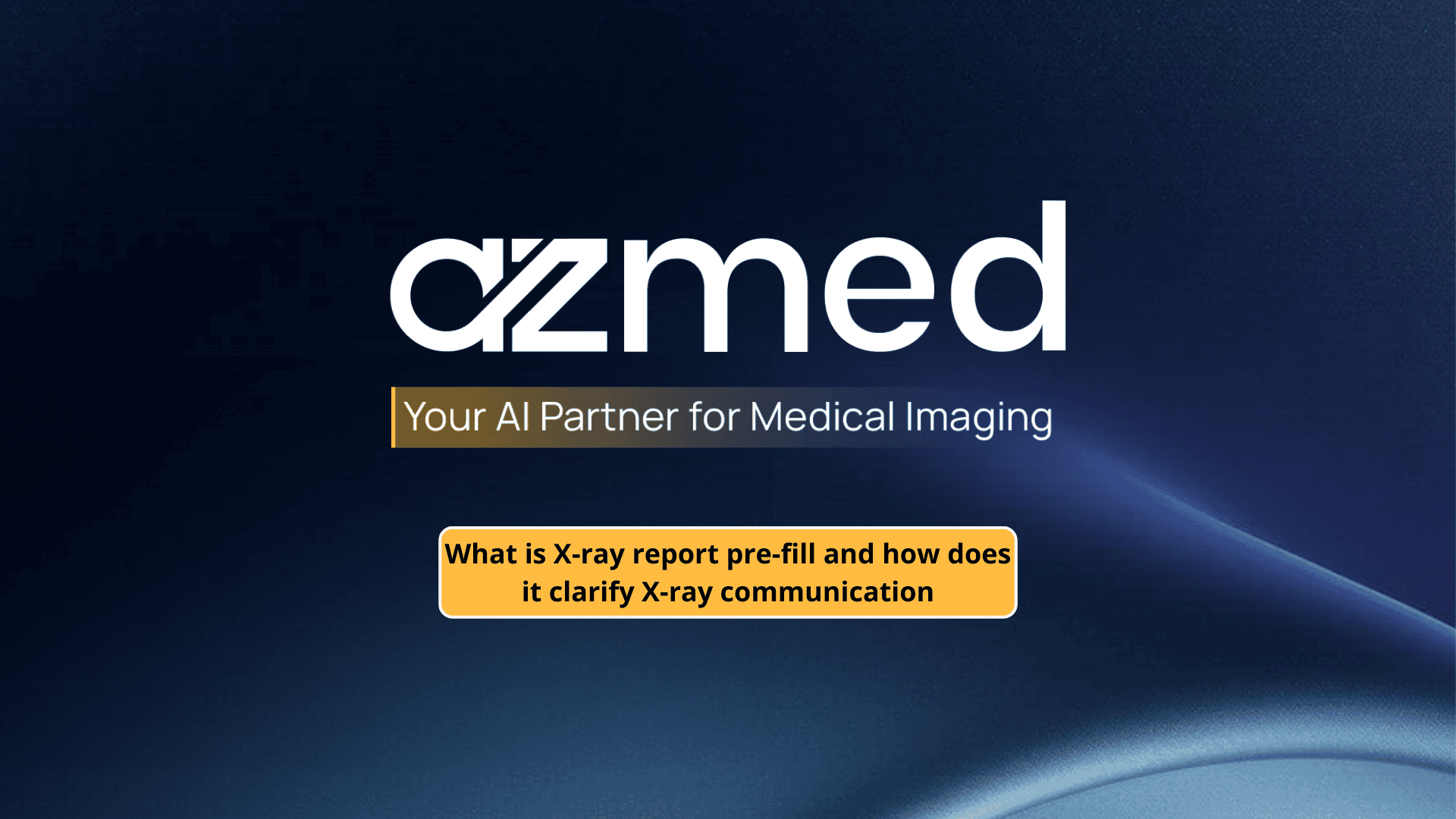The U.S. Food and Drug Administration (FDA) has finished its first experiment with an artificial intelligence (AI) system that helps scientists review data, and it now plans to roll the technology out across every center by 30 June 2025. Healthcare leaders say the tool cuts hours of “busywork,” promises safer and faster approvals, and signals a new era in how regulators and industry will work together¹ ².
FDA completes its first AI-assisted scientific review
Commissioner Dr Martin A. Makary said the pilot “blew [him] away,” adding, “We need to value our scientists’ time and reduce the amount of non-productive busywork that has historically consumed much of the review process”¹. During the test, reviewers in the Center for Drug Evaluation and Research used a generative-AI model to draft summaries and flag missing safety endpoints. Dr Jinzhong Liu called the tool “a game-changer technology that has enabled me to perform scientific review tasks in minutes that used to take three days”¹.
An aggressive timeline: full deployment by 30 June 2025
All FDA centres must begin using the secure, shared AI platform immediately and reach full integration by the end of June². Future enhancements will focus on improving usability and expanding document integration while maintaining strict information security and compliance with FDA policy¹. The hope, industry observers say, is to cut today’s 6 to 10 month drug-review clock to something shorter².
New leadership and external partners
To steer the programme, the agency has named Jeremy Walsh as its first Chief AI Officer¹ ³. Walsh, a former Booz Allen technologist, now oversees governance, cybersecurity and model validation across all centres. Multiple media reports indicate that the FDA has met with OpenAI to discuss a project code-named cderGPT, aimed at automating chemistry-manufacturing-controls (CMC) checks and labelling reviews⁴. Former commissioner Dr Robert Califf welcomed the initiative but cautioned that the agency still needs to spell out which parts of the review were AI-assisted and what that means for rigour⁴.
Policy context and industry reaction
Pharmaceutical Executive calls the rollout “one of the first major decisions” of the new commissioner’s tenure and stresses that AI could realign submission strategies for both drugs and combination products⁵. Regulatory Affairs Professionals Society notes that the agency will collect real-time feedback from staff and tweak algorithms after June to meet the evolving needs of each centre. Industry voices are broadly positive. Precision-oncology CEO Dr Rafael Rosengarten told WIRED that automating completeness checks “could expedite feedback” but urged clear standards for training data⁴. Trade group PhRMA said any AI solution must keep “patients at the centre”⁴.
Implications for medical imaging and clinical AI
Generative models now underpin thousands of radiology and pathology tools submitted through the 510(k) and De Novo pathways. Faster labelling reviews, automated statistical checks and harmonised post-market surveillance could shorten the time from algorithm design to hospital use. For imaging AI, reproducibility studies and dose-optimisation tables often slow clearance; an AI co-pilot inside the FDA could spot gaps early and loop sponsors in sooner, cutting resubmission cycles.
What it means for AZmed
AZmed’s Rayvolve® AI Suite bundles four X-ray specific modules: AZtrauma, AZchest, AZmeasure, and AZboneage. The U.S. FDA’s plan to deploy generative-AI copilots across every review centre by 30 June 2025 has strategic value for future Rayvolve® submissions. Reviewers who work daily with internal AI models should be more comfortable evaluating Rayvolve’s outputs, potentially shortening the human-factors and usability rounds that often prolong SaMD reviews. At the same time, the agency’s forthcoming expanded document-integration tools are meant to speed up technical screening of large evidence packages. Taken together, FDA AI could compress timelines for AZmed’s ongoing 510(k) filings, delivering diagnostic support to clinicians and patients faster than before.
References
- FDA news release (8 May 2025) – FDA Announces Completion of First AI-Assisted Scientific Review Pilot and Aggressive Agency-Wide AI Rollout Timeline: https://www.fda.gov/news-events/press-announcements/fda-announces-completion-first-ai-assisted-scientific-review-pilot-and-aggressive-agency-wide-ai
- Reuters (8 May 2025) – US FDA centers to deploy AI internally, following experimental run: https://www.reuters.com/business/healthcare-pharmaceuticals/us-fda-centers-deploy-ai-internally-immediately-2025-05-08/
- HealthExec (8 May 2025) – FDA rolls out AI across all departments, hires new leadership: https://healthexec.com/topics/artificial-intelligence/fda-rolls-out-ai-across-all-departments-hires-new-leadership
- WIRED (7 May 2025) – OpenAI and the FDA Are Holding Talks About Using AI in Drug Evaluation: https://www.wired.com/story/openai-fda-doge-ai-drug-evaluation/
- Pharmaceutical Executive (8 May 2025) – FDA Announces “Aggressive” AI Implementation Timeline: https://www.pharmexec.com/view/fda-aggressive-ai-implementation-timeline



